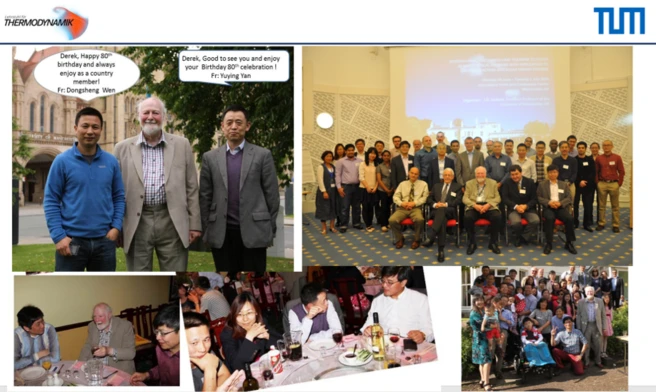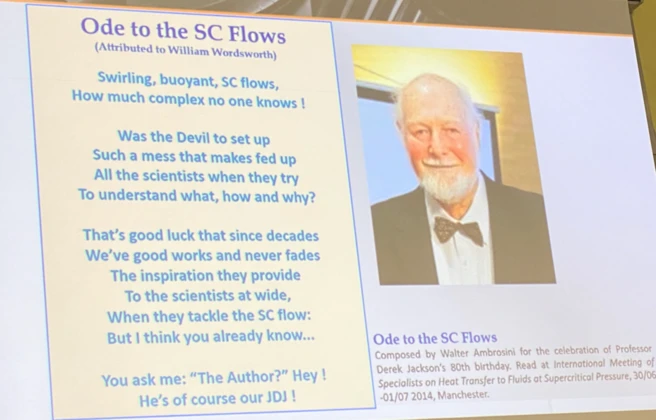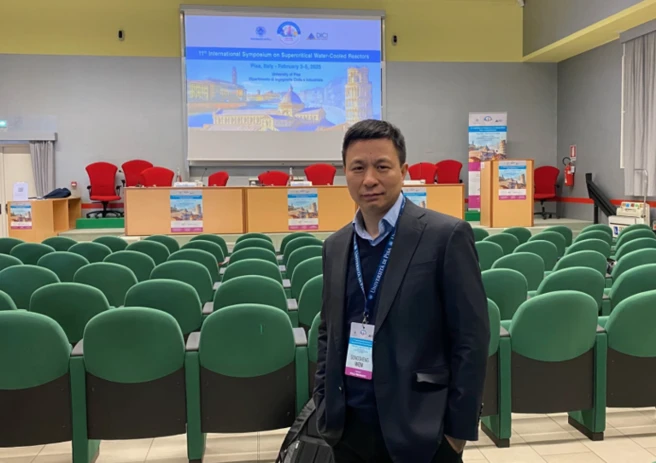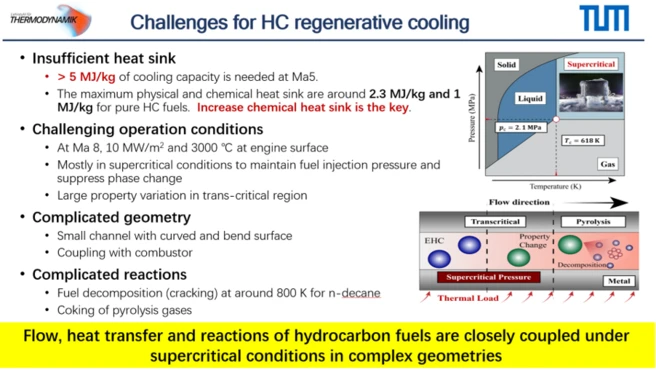Prof. Wen delivered an invited lecture, in the memorial session of Professor Derek Jackson, in 11th International Symposium on Supercritical Water Cooled Reactors (ISSCWR-11) in Pisa.
Professor Derek Jackson, a long term friend of Prof. Wen, is a world leading expert in water cooled reactors. Professor Jackson read Engineering at the Victoria University of Manchester and later became a member of the academic staff. He was appointed to the Chair of Mechanical and Nuclear Engineering in 1986 and became Director of Studies of the newly-created Manchester School of Engineering in 1994. For over twenty years he led the Nuclear Engineering Research Group at the University of Manchester, a key team within the UK in the area of heat transfer, thermal hydraulics and reactor technology which did much valuable work for industry and generated considerable research income over that period. On reaching normal retirement age in October 2001 he was granted the title Emeritus Professor and has subsequently held honorary professorial appointments at the Victoria University, UMIST and the new, merged University of Manchester.
In the memorial session, Prof. Wen recalled long term memory with Prof. Jackson, and presented his work in supercritical flow and heat transfer of hydrocarbon fuels, instead of water. The topic is a subset of regenerative cooling, where some of the fuel is used to cool the hot components before injecting into the combustor for burning, and a key area for thermal management of rocket and hyper / supersonic engines. In the regenerative cooling, flow, heat transfer and reactions of hydrocarbon fuels, including pyrolysis and coking, are closely coupled under supercritical conditions in complex geometries, which present huge challenges for its take-up. Prof. Wen presented our progress from multiscale engineering points of view, including both numerical and experimental studies.
The topic belongs to the multiphase flow and heat transfer and multiscale simulation theme of the Chair, with aerospace engineering applications. It is also related to some research activities with water that we are planning, using the unique nuclear glass module reactor that is coming to the Chair.



